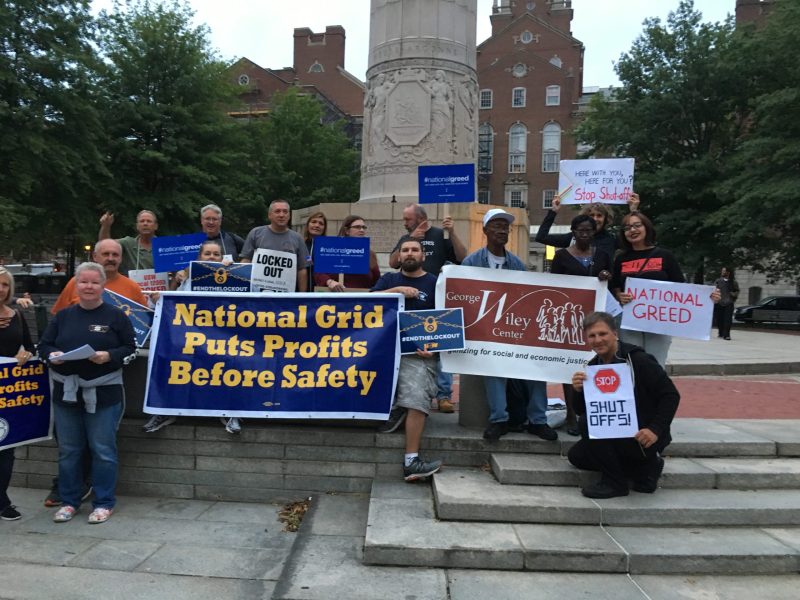
The George Wiley Center advocates for the well-being and rights of working-class residents across Rhode Island. With more than 1,000 members, the organization operates on the belief that the “protagonists of change” are the low-income people most directly impacted by social, economic and environmental injustice, according to Executive Director Camilo Viveiros. Although Rhode Island is the smallest state in the U.S., it has the highest poverty rate of all states in New England. The organization focuses on utilities, food, housing, unemployment and a “just transition” that ensures no one is left behind in a decarbonized future. In its more than 40 years of existence, the George Wiley Center has successfully fought for free universal breakfast in all public schools, the state’s first propane regulation bill, an extension on the pandemic moratorium on utility shutoffs, and a mandate that landlords provide written 60-day notice for rent increases (and for tenants over age 62, 120 days).
The organization was founded by activist Henry Shelton in 1981 and named after his fellow organizer, the National Welfare Rights Organization founder George Wiley, who died in 1973. The George Wiley Center is a small organization with five staff members that accomplishes its goal through direct action, legislation and policy making, and working with mutual aid groups on food, housing, and coat drives. One of its current priorities is advocating for a statewide Percentage of Income Payment Plan that would cut Rhode Island Energy gas and electricity bills to no more than 3 to 6% of income for people at or below the 150% of the federal poverty level—a plan it says would prevent homelessness for the state’s poorest residents. The George Wiley Center is also active in its home city of Pawtucket, currently fighting against a plan to turn Morley Field, a local park, into a parking lot, a move that would bar the local Latino and Cape Verdean communities from outdoor recreation.